The Tour according to Kévin: Inside one of the smallest teams at the world's biggest race
The Frenchman gives an insight into life for one of the smaller teams in the Tour de France peloton, and how they're taking on the big guns of the race
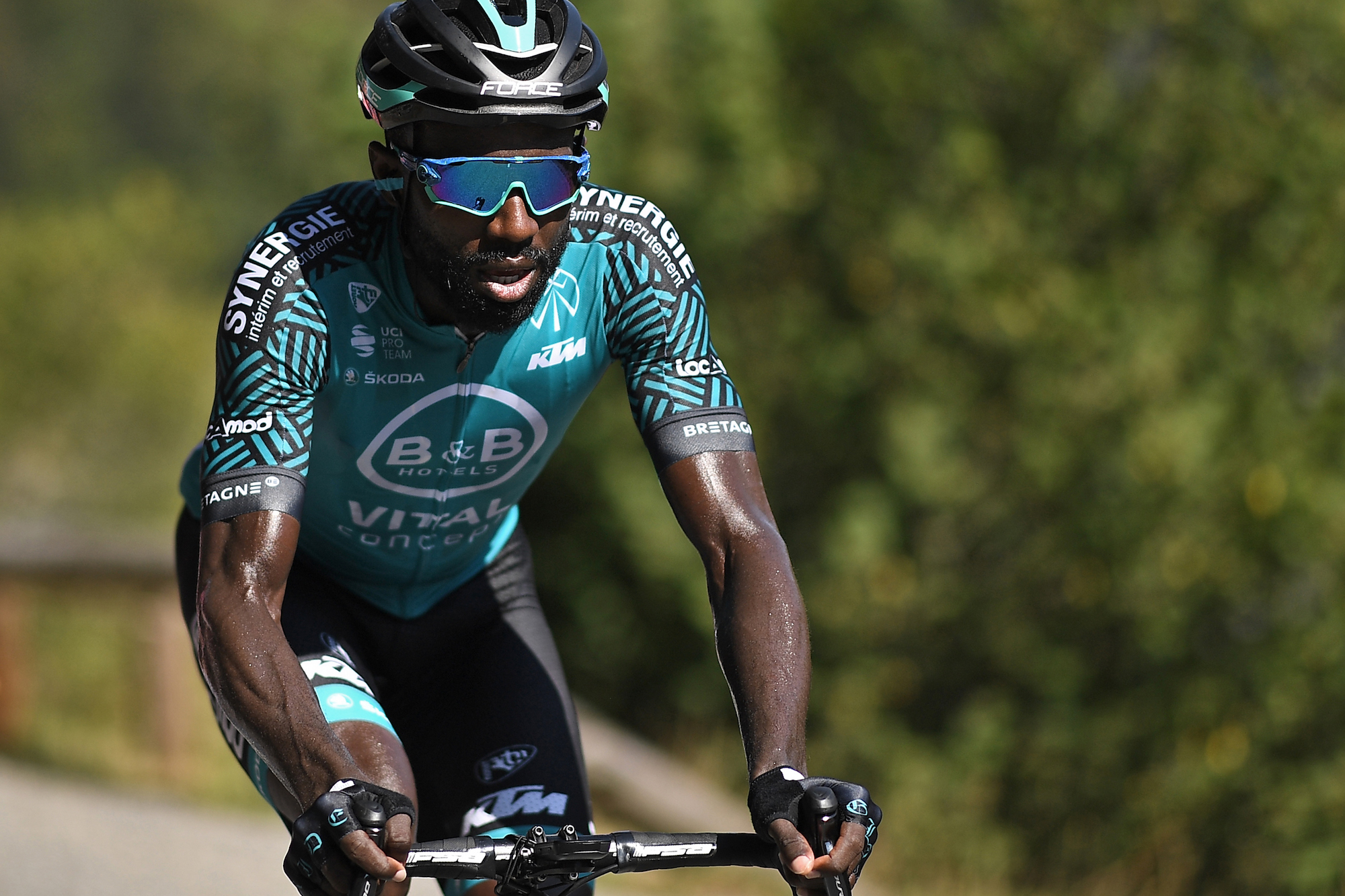
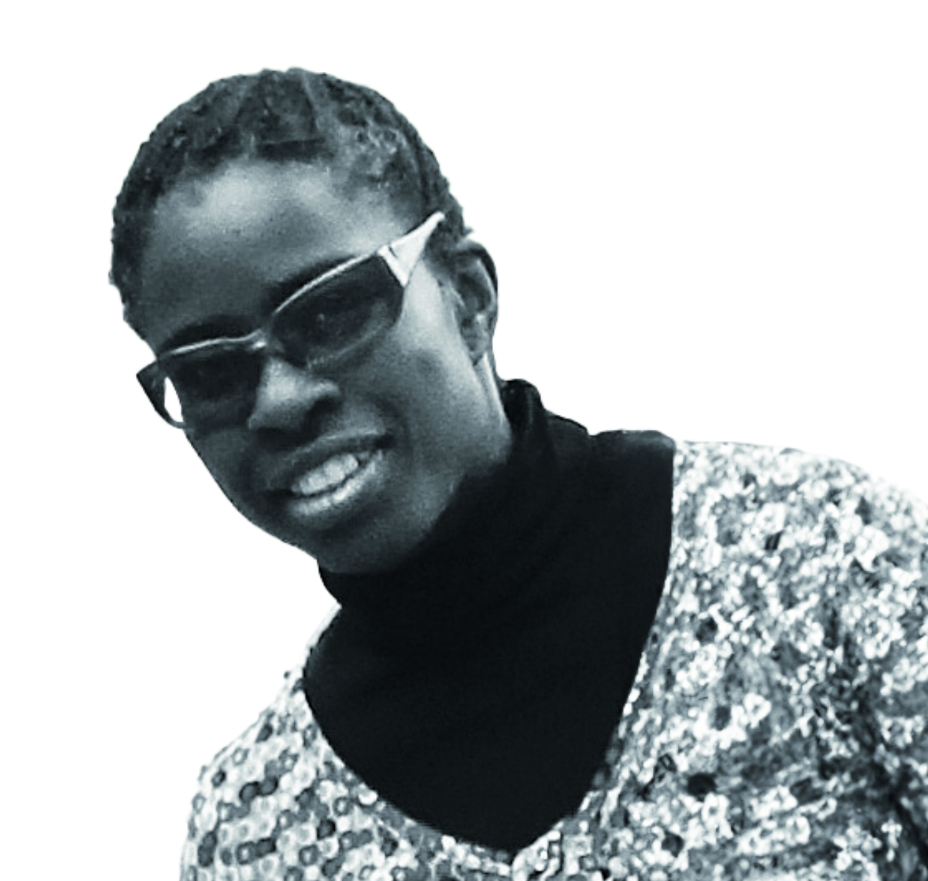
Delighted to gain a wildcard entry for the 2020 Tour de France, B&B Hotels-Vital Concept p/b KTM, set up in 2018 by former professional, Jérôme Pineau are keen to make an impression and secure a stage victory at La Grand Boucle.
Although it’s a young team, the “Men in Glaz” have solid experience. Pierre Rolland is riding his 11th Tour de France, having previously won two stages, including on Alpe d’Huez. Bryan Coquard is also a seasoned Tour de France rider, having turned professional in 2013. The team is particularly buoyant after Coquard won silver near their HQ in Morbihan at the recent French National Championships. “LaRez”, Kévin Reza, participating in his third Tour and with 10 years as a professional is playing a key role in shepherding “Le Coq” to a stage victory. He is not fazed by mixing it with the likes of Team Jumbo-Visma, Deceuninck-Quick-Step, or Ineos Grenadiers who have double the budget of this team.
>>> How to watch the Tour de France 2020: Live stream all the action
“For sure, those teams have more experience of the Tour de France than we have, and they have some very strong riders," Reza explained. "But we have previously raced against them so we know how they work. We can’t necessarily compete with them on all fronts but we do our best to devise strategies based on these teams, and win the race.”
“We have some young riders like Cyril Barthe in his first Tour de France, and Maxime Chevalier [at age 21 and four months, the youngest rider in the whole peloton] in his first ever Grand Tour.
“It’s up to we older, experienced riders to guide them in managing their efforts. You can’t ride with your nose to the handlebars for three weeks. You have to know when to take your foot off the accelerator and when to ride hard. It’s about making sure you have enough energy for the next day. It’s hard to know exactly how to manage things in those early stages, but after a few days, you quickly learn!”
A tough old Tour
Get The Leadout Newsletter
The latest race content, interviews, features, reviews and expert buying guides, direct to your inbox!
Reza admits that this Tour de France has been extremely testing compared with the previous editions he has raced in.
“The start of this Tour was much faster and more mountainous than ever," he said. "The Tours I did, started in the west of France so we could get our legs used to things over the opening stages. But this year there is no margin for error. You have to arrive 100 per cent on form, ready to take on the mountains.
“When we arrived in Nice it was cooler than what we are used to, and the roads were really slippery. You really had to pay attention – there were lots of bends, tricky descents, many crashes, a lot of nervousness. The mountainous second day meant you couldn’t have an off-day, be ill or lack of form, otherwise you would have struggled to finish within the cut-off. All that made it really tough for me, and I had really achy legs just on the second stage! In this Tour there has been some sort of challenge every day – wind, rain, difficult terrain. We can’t relax at all. We don’t get bored though!
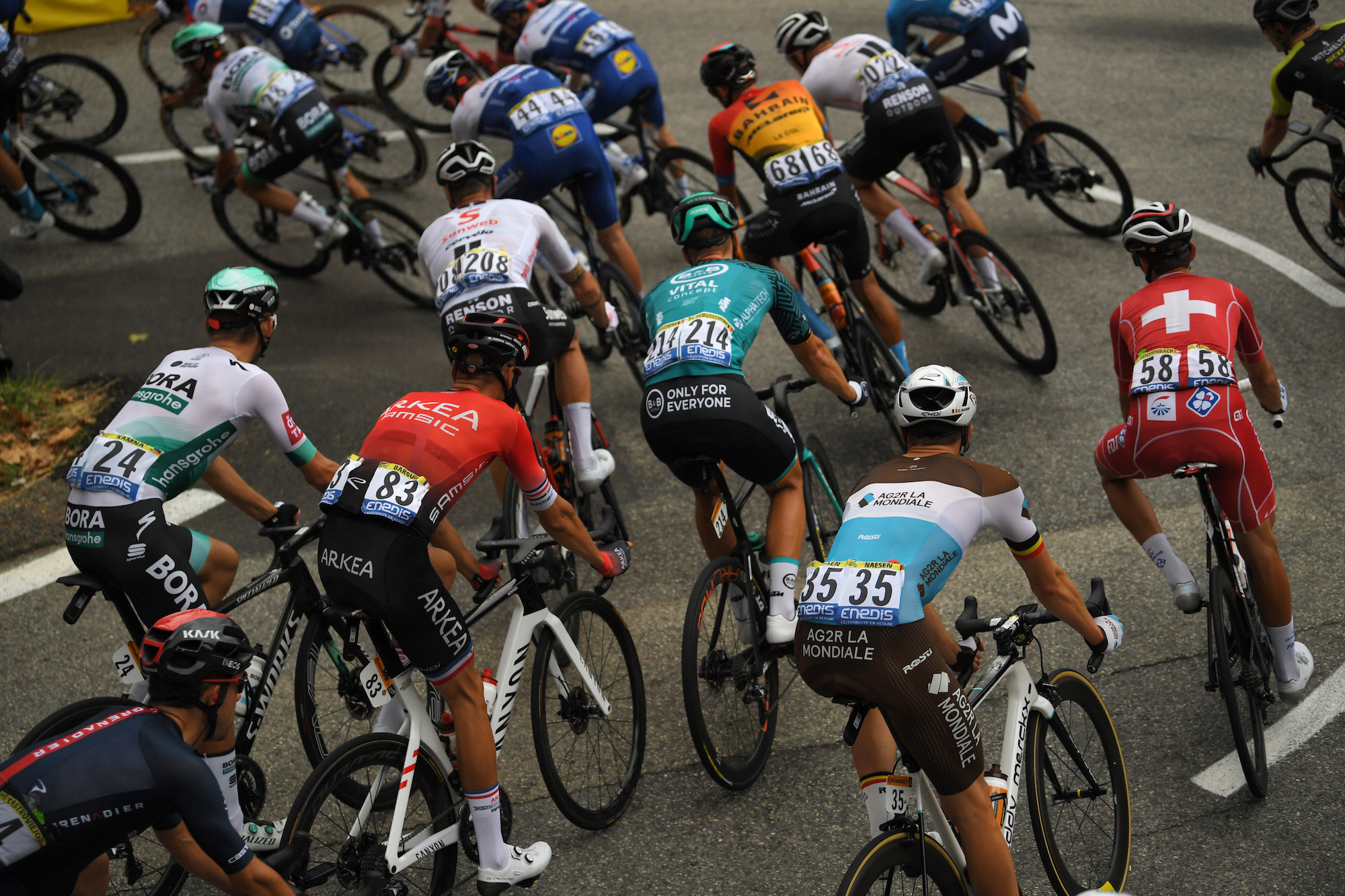
“At my first Tour, in 2013, I was worried about not getting to Paris, and my then room-mate Tommy Voeckler was great at giving me advice. So I have used my previous experience, and maturity to help get through this tough Tour. You have to try not to worry about the time limit, stay calm, and believe that it will be okay. There’s no point panicking because then you fear the worst, and things go wrong.
“For the coming stages, I will take each day as they come. I have to make sure I get lots of rest and recuperation after each stage. That will include a good massage and cryotherapy. Recuperation will be key in getting to Paris."
Looking for victory
The team are still hunting for a victory, with their main hopes being Pierre Rolland in the mountains and Bryan Coquard in the sprint. Coquard has come close a few times, notably on stage seven to Lavaur. Unfortunately, a dropped chain in the last 500m saw him miss out on a potential win, finishing third. Being one of his lead-out men, Reza is confident in his sprinter and they have a good bond.
“We’ve known each other since 2013, and it’s a real pleasure to work with Bryan. When racing, we can read each other without needing to speak," Reza said. "He is doing well, but he didn’t come to the Tour for a podium place on a stage. Bryan wants to win, and he has the legs to do so. There are still a few opportunities, as Bryan can climb the rolling hills. It’s a question of time and of timing.
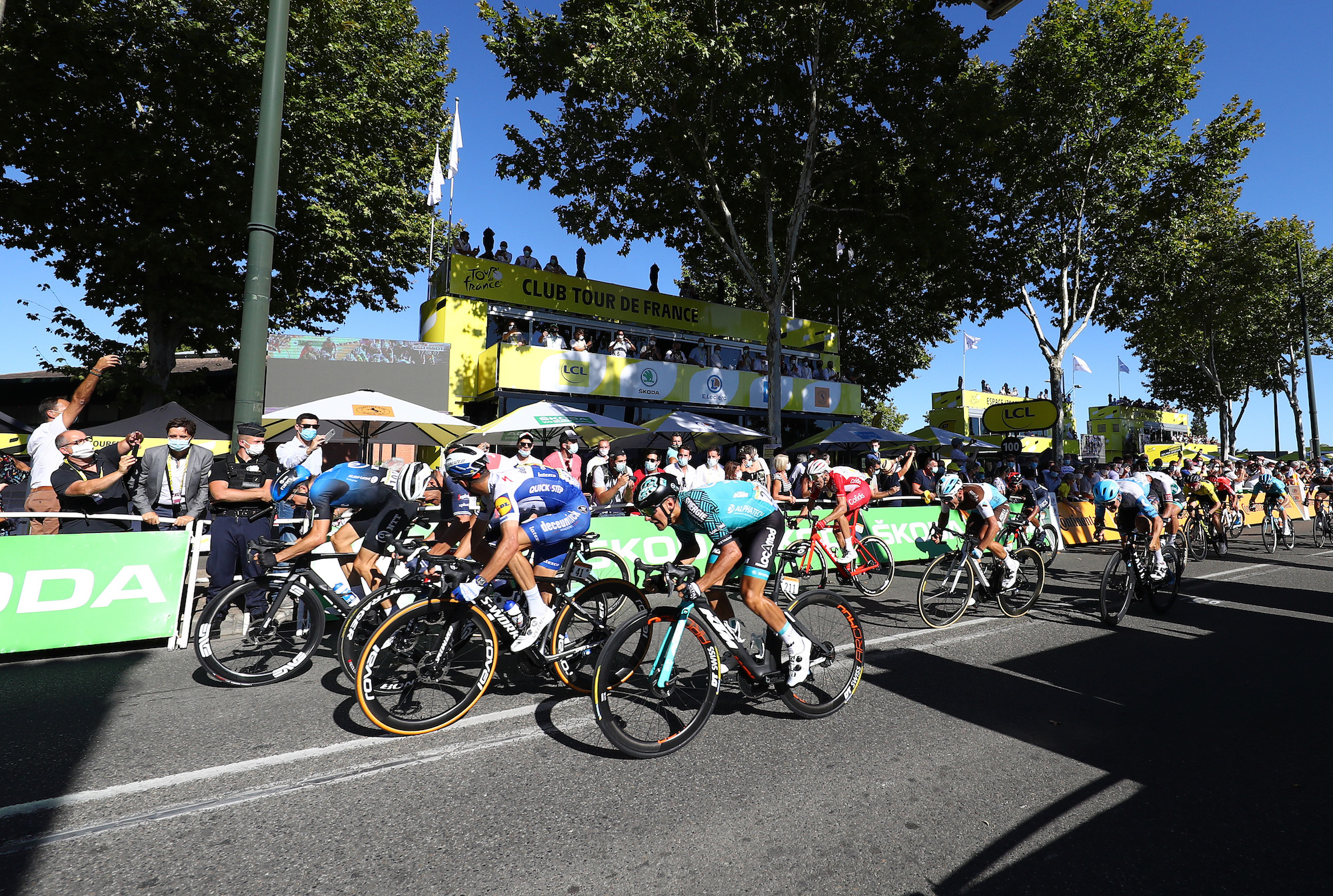
“It’s frustrating when he comes agonisingly close to winning. At those times I know not to talk about it with him in the first 10 minutes or so. Then later, when he has moved on to other things we try and work out how to do better next time.
“Things have been very scrappy during the final sprint, especially on the stages where it was windy. Stages have been quite tiring mentally. With many crashes, you have to really pay attention.” [Coquard crashed heavily during stage 10 at Ile de Ré. An X-ray of his back and knee revealed no fracture but he was in pain during the stage.]
The Tour in the time of Coronavirus
The riders and staff live within a team bubble, where they occupy a private floor on a hotel away from everyone else, and have a private section of the restaurant. Everything is sanitised – the bedrooms, plus the team bus and the cars. Riders are also in a Tour de France race bubble where the whole peloton is isolated from the public and family members. Coquard, who recently became a father is frustrated to not be able to see his baby girl. Quentin Pacher, who rode to seventh place through his home region to Loudenvielle on stage eight, could not mix with his family. Riders are also stressed at the Damoclean sword hanging over them that is their Covid-19 test result. Manager, Jérôme Pineau even mooted the notion of a false positive potentially ending a team’s Tour campaign.
“The rules around the pandemic crisis have changed the ambiance in the peloton, and make life difficult," Reza said.
"We wear a mask most of the time when we’re off the bike. At the start of a stage, we would normally go to the departure village and chat to the public, but now we just get off the bus and go straight to the start line a few minutes before. That has spoiled things a little, and the magic of the Tour is missing. However, it’s these rules that allow us to have a Tour de France.
"In any case once we are in racing mode, it is the same as any other race pre-Covid and we can forget about it for a few hours.
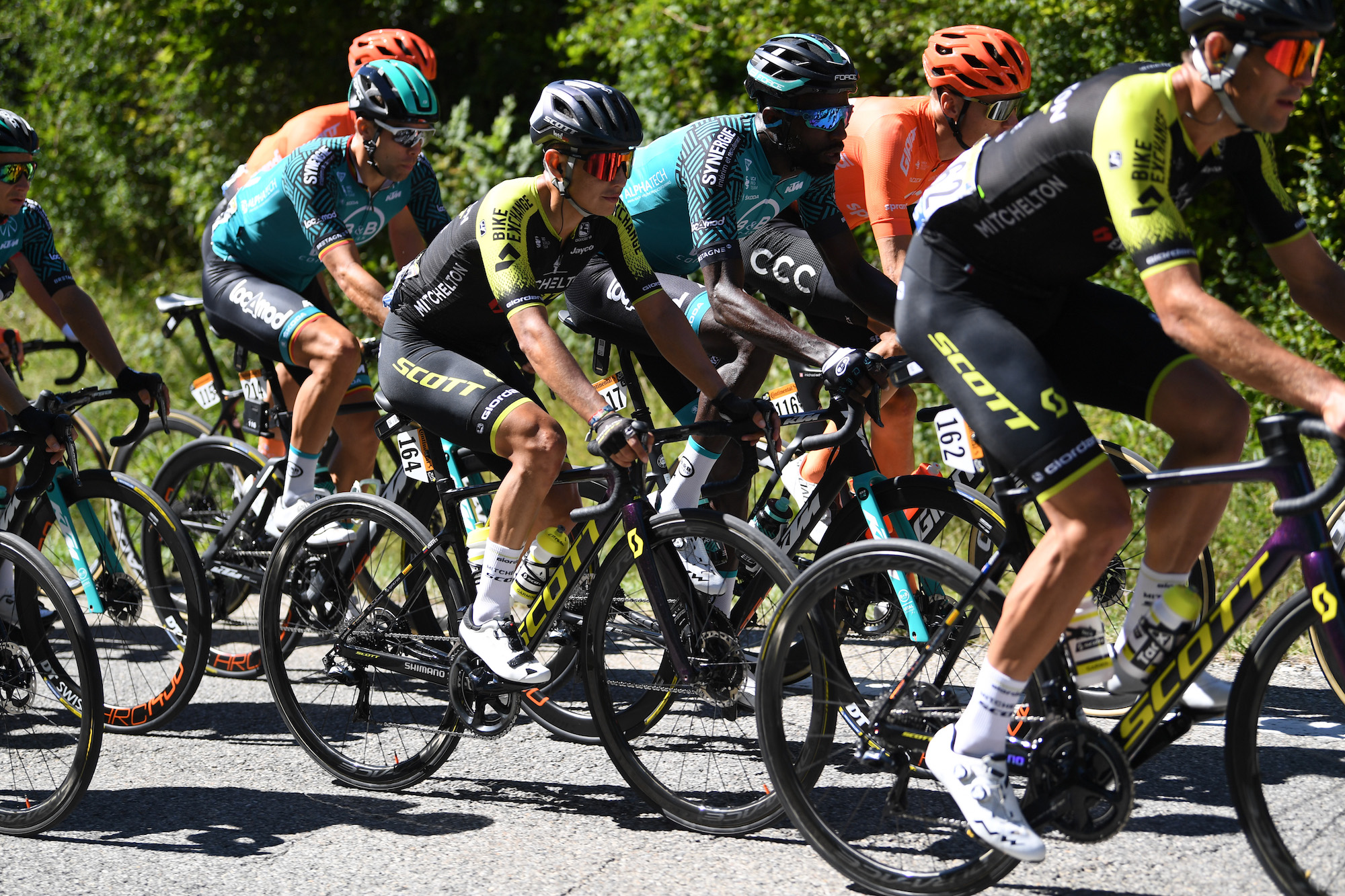
“There are still quite a lot of fans on the roadside; we can’t hold it against them that they want to share these moments with us. Most people respect the rules, but there are a few who don’t. I guess it’s instinctive to remove your mask to cheer people on, but really they should keep their masks on at all times. In spite of all these rules, we are just glad that we have Tour de France and we will do what we can so that the race reaches to Paris.”
With the team having its own dedicated chef, Gaëtan Poulain, here’s hoping he will have a reason to prepare a celebratory meal for LaRez and the team in Paris.

Thank you for reading 20 articles this month* Join now for unlimited access
Enjoy your first month for just £1 / $1 / €1
*Read 5 free articles per month without a subscription

Join now for unlimited access
Try first month for just £1 / $1 / €1
Maria David is a freelance writer who spent five years living and working in Paris
-
 Cyclists could face life sentences for killing pedestrians if new law passed in England and Wales
Cyclists could face life sentences for killing pedestrians if new law passed in England and WalesReckless cycling currently carries a maximum two-year jail term
By Tom Thewlis
-
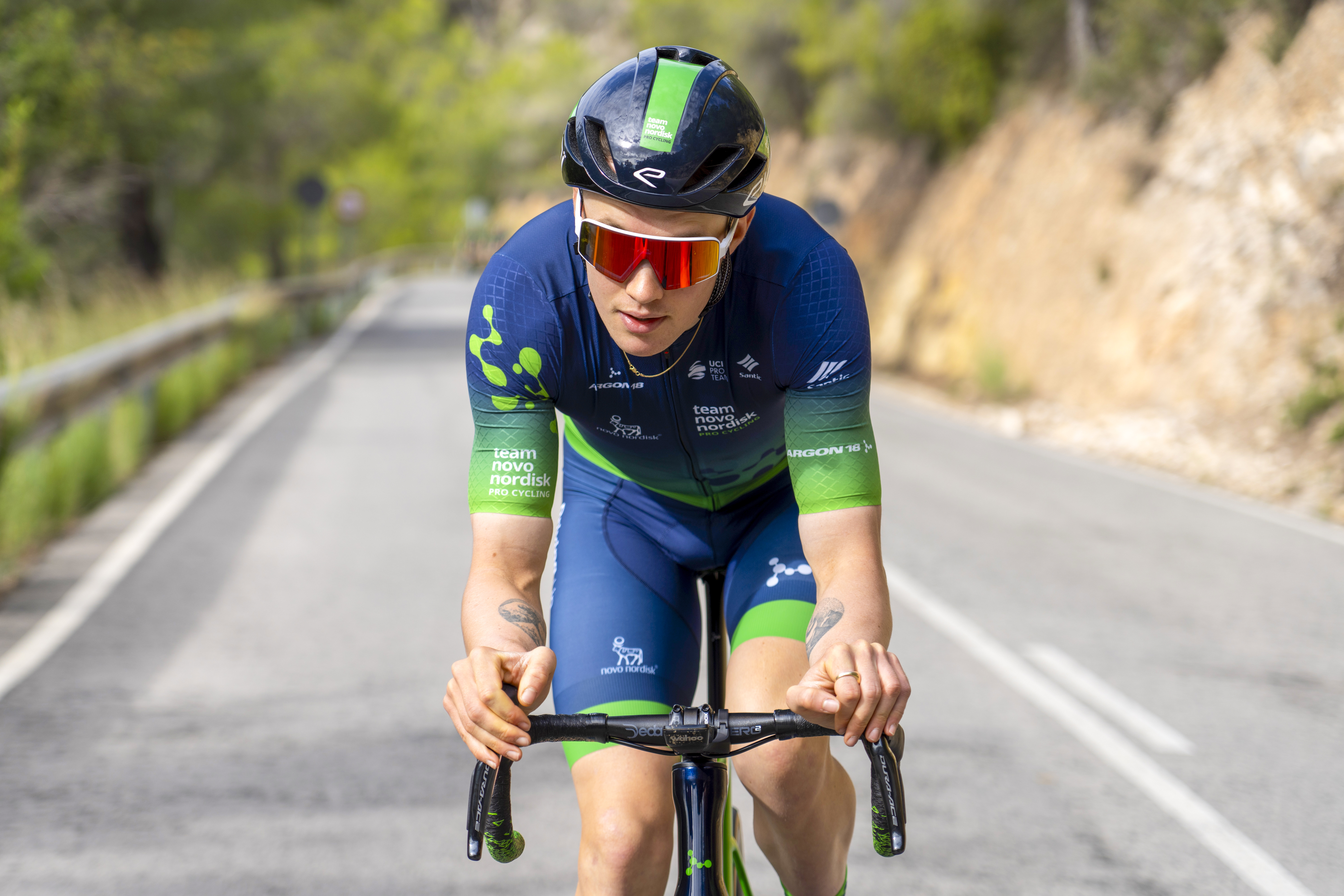 'I was calorie counting – I couldn't eat one blueberry over': How one British rider overcame years of underfueling and turned pro
'I was calorie counting – I couldn't eat one blueberry over': How one British rider overcame years of underfueling and turned proA diabetes diagnosis didn’t stop Hamish Armitt from reaching his potential – but an eating disorder almost did
By Tom Davidson